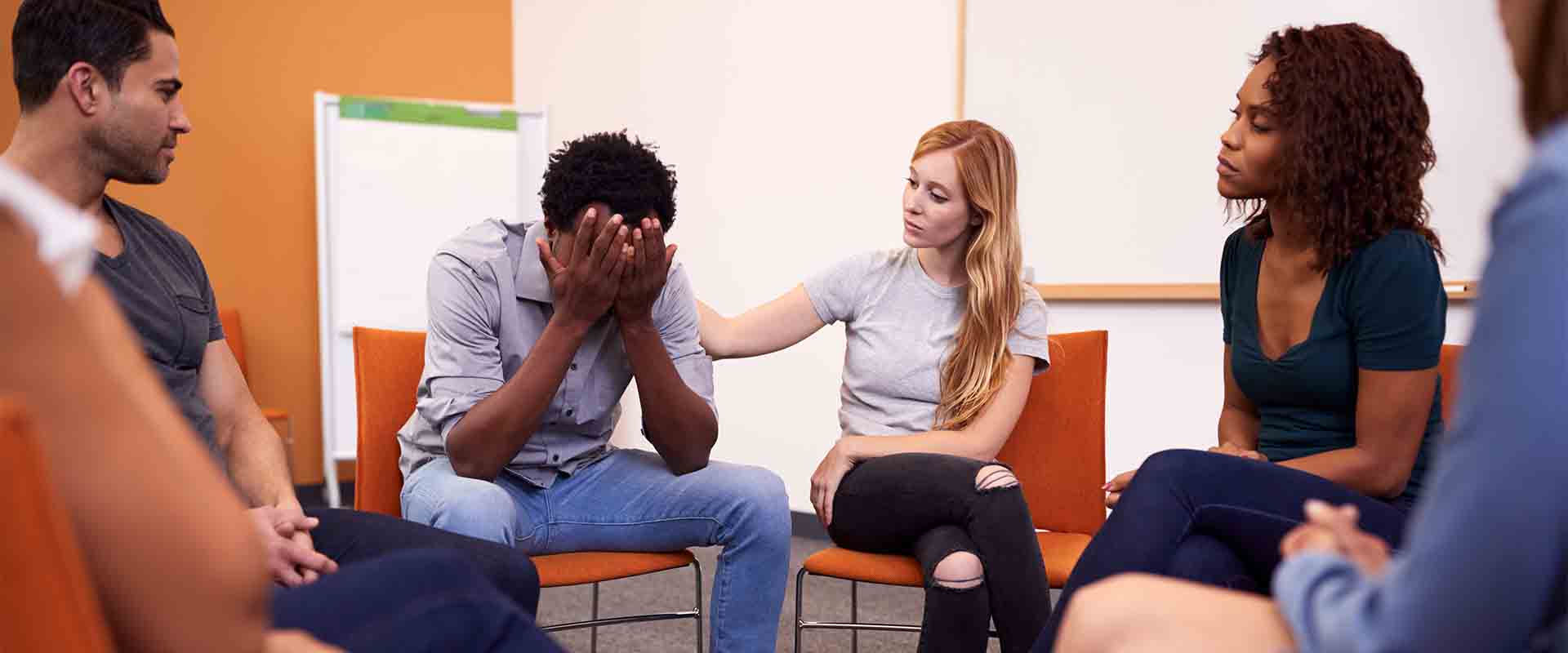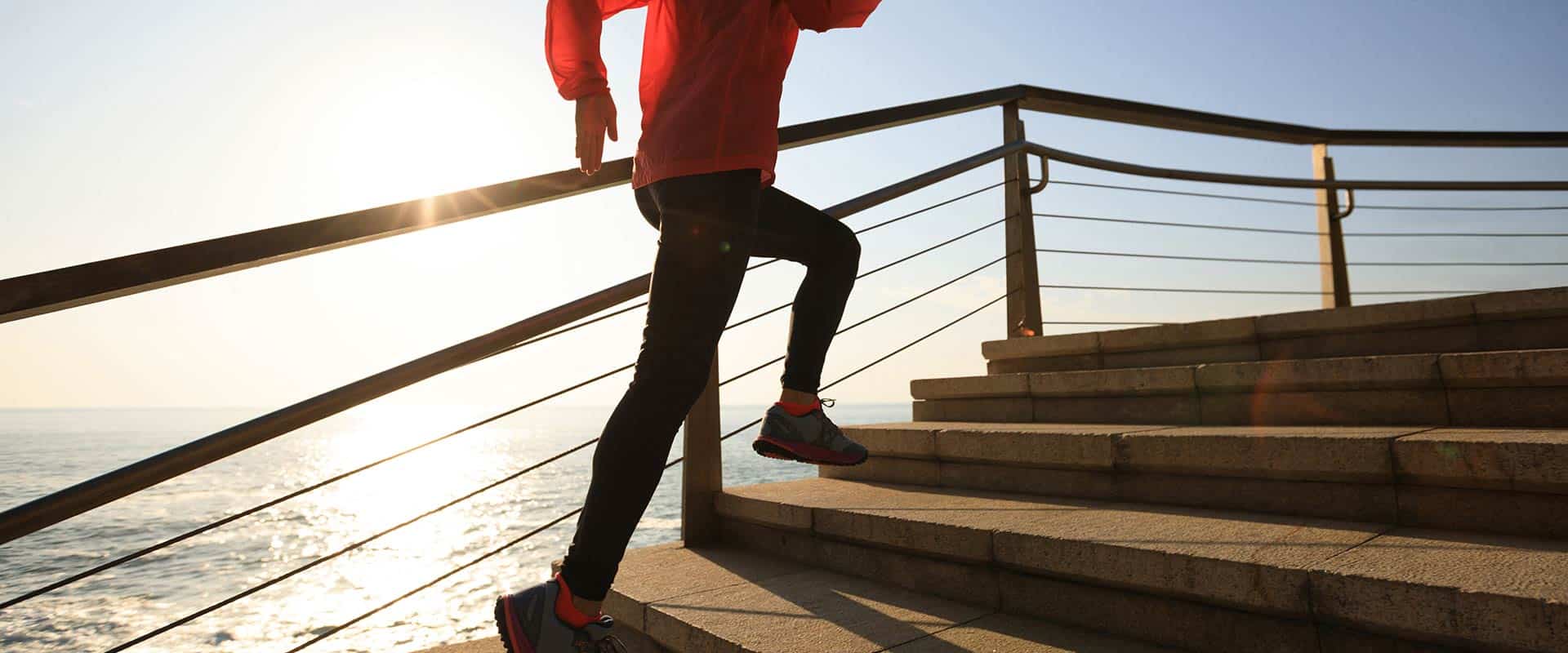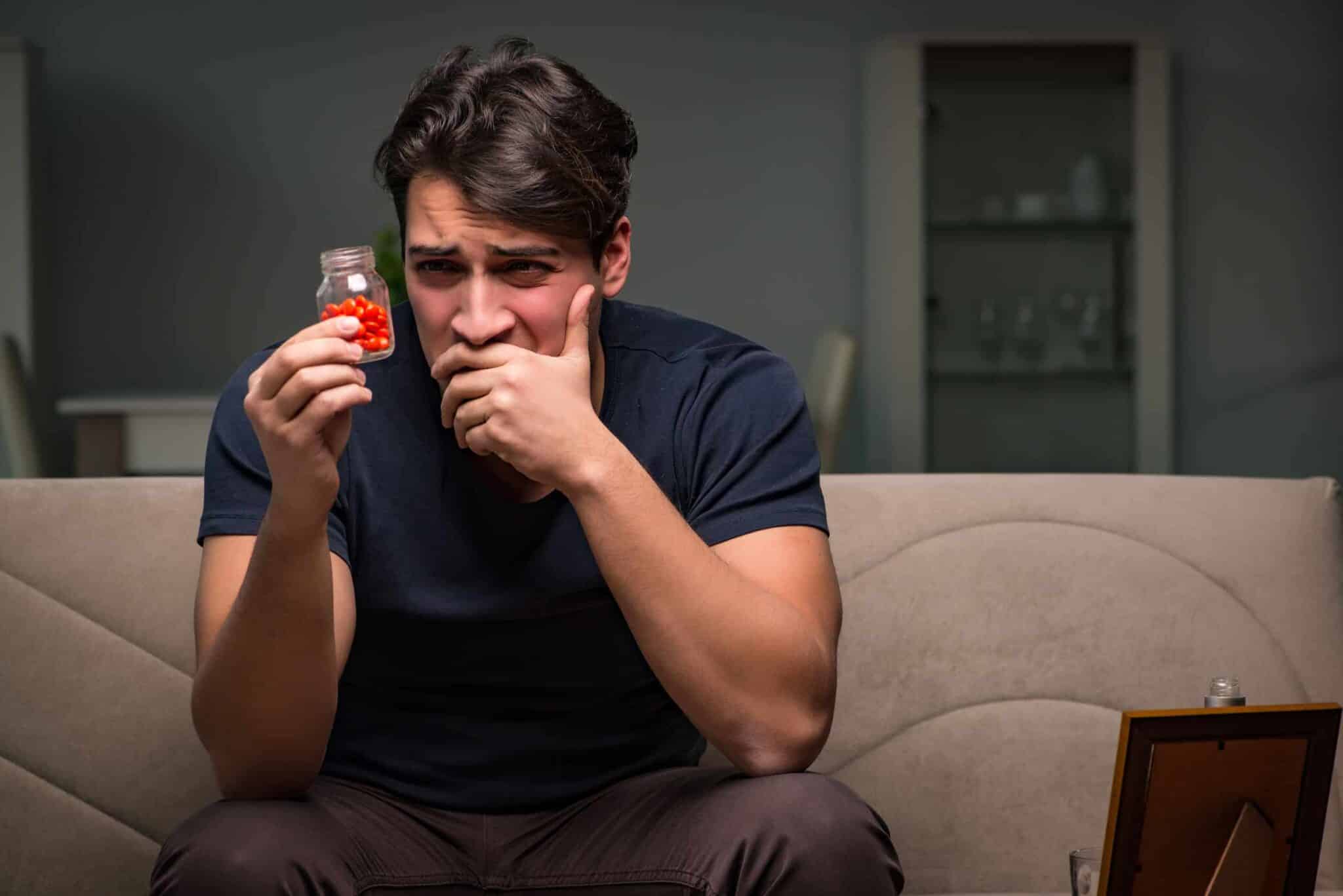
The battle we are waging against the Covid-19 pandemic has turned the whole world upside down. This period of our lives has passed more slowly than we could have imagined. In Guatemala, the economic, family, physical and emotional impact has us anxious, stressed and overwhelmed. We have been filled with fear of an uncertain future. But we are not alone, the insecurity and fear we share with hundreds of countries across the planet.
Covid-19 is a complex clinical syndrome caused by a coronavirus that is characterized by a hyper-inflammatory response and a hypercoagulable state of the blood that is highly lethal for the elderly and for patients with certain risk factors. In most children and young people the clinical picture is generally more benign, although serious cases and deaths have also been reported in these two groups.
The balance of the battle worldwide is staggering, almost one hundred million cases and two million deaths. The US ranks scandalously first in morbidity and mortality. But this pandemic is not a life sentence. When it does, we will come out on top and rise up stronger, more resilient, and with a greater appreciation of the precious gift of life.
At all times and particularly during this relentless struggle, let me remind you of the paramount importance of taking care of ourselves. Taking care of oneself is not a selfish principle, it is not attending to one’s own interest without measure, but it obeys a purely altruistic interest. Maintaining your emotional, mental, and physical well-being is crucial to helping your family, young children, partners and co-workers, and the community at large. Anxiety, stress and fear cause strong emotions in children, adults and the elderly. Learning to disentangle yourself from such emotions is vital and imperative to shorten the damage they can cause in the short or long term.
Based on my professional experience, I share below a list of reactions to fear that I have observed occur frequently:
Our physical body also pays the consequences for anxiety and stress:
How to Practice Self Care
Pay careful attention to the following positive action ideas:
It is worth mentioning that not everything has been negative as a result of this pandemic. Among the positive events we have the following:
1. Health: Governments worldwide have realized the need to spend less on military weapons and invest more in the public health sector. The new regulations have improved personal hygiene, public hygiene expectations in banks, supermarkets and in means of transport such as trains and airlines.
2. The Environment: Planet Earth has been given the opportunity to take a deep breath. Carbon emissions decreased remarkably. China, the country with the largest carbon footprint in the world, reduced its emissions by 25%.
The canals in Venice have been cleaned up considerably. In some places they have turned crystalline and fish have started to reappear.
3. Education: A vital sector that has been transforming before our eyes from master classes to online classes. Initial skepticism has changed to surprise and enthusiasm as it has clearly been shown to be very doable and student response has been very positive across the board.
4. Our Lifestyle: We have spent less on ceremonies and extravagant parties. There is more solidarity with those who have been most affected by the loss of work, health and well-being and by the loss of their loved ones. We’ve had more time to reconnect with family and friends. We’ve had more time to reconsider our priorities.
We Guatemalans must be able to change a baby’s diaper, build a shelter, cook a good beef broth, write or recite a poem, clean a wound, give orders, receive orders, care for the sick, comfort a dying person, ride a horse, solve an equation, clean a chicken coop, use a computer, play chess, cross a river, change a tire, fight bravely and die with dignity. If we can do this, the next virus is going to run our errands for us!
Guatemala, land of colors, where the green palm trees show us the color of the
hope!
Dr. Edgar Castillo Armas
General and Pediatric Psychiatry
Central California TMS Center


